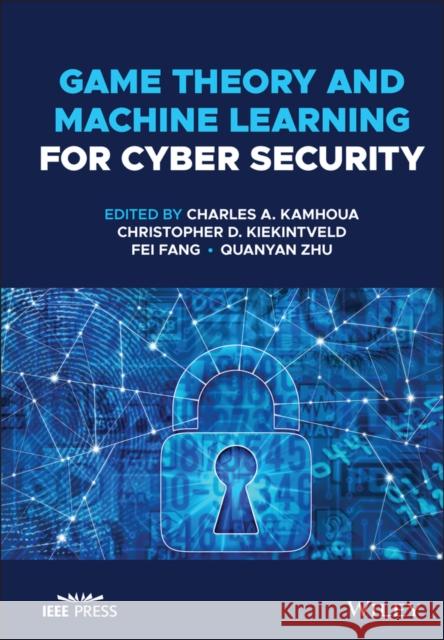Game Theory and Machine Learning for Cyber Security » książka
topmenu
Game Theory and Machine Learning for Cyber Security
ISBN-13: 9781119723929 / Angielski / Twarda / 2021 / 544 str.
Kategorie:
Kategorie BISAC:
Wydawca:
Wiley-IEEE Press
Język:
Angielski
ISBN-13:
9781119723929
Rok wydania:
2021
Ilość stron:
544
Waga:
1.10 kg
Wymiary:
25.4 x 17.53 x 3.56
Oprawa:
Twarda
Wolumenów:
01
Dodatkowe informacje:
Bibliografia











